17. März
Irland feiert seinen Schutzpatron
Der St. Patrick’s Day ist ein weit verbreiteter Feiertag, der jährlich am 17. März stattfindet. Es ist ein Tag des Gedenkens und eine Feier des Schutzpatrons Irlands: St. Patrick. Während er in aller Welt begangen wird, ist er in Irland von besonderer Bedeutung, wo er ein Nationalfeiertag und ein Symbol für die irische Kultur und Tradition ist.
St. Patrick wurde um das Jahr 385 herum in Britannien geboren. Im Alter von 16 Jahren wurde er von irischen Plünderern entführt und als Sklave nach Irland verschleppt. Nach sechs Jahren in Gefangenschaft entkam er und floh nach Frankreich, wo er Mönch wurde und das Christentum studierte. Schließlich kehrte er als Missionar nach Irland zurück, und es heißt, dass er Tausende von Iren zum Christentum bekehrte.
Dass das Kleeblatt für die Iren eine herausragende Rolle spielt, geht ebenfalls auf St. Patrick zurück, der den Menschen anhand eines dreiblättrigen Kleeblatts die Heilige Dreifaltigkeit erklärte und nahebrachte.
March 17th
Ireland celebrates its patron saint
St. Patrick’s Day is a widely celebrated holiday that takes place annually on March 17th. It is a day of remembrance and celebration for the patron saint of Ireland, St. Patrick. While it is widely commemorated around the world, it is particularly significant in Ireland, where it is a national holiday and a symbol of Irish culture and heritage.
St. Patrick is believed to have been born in Britain around the year 385. At the age of 16, he was kidnapped by Irish raiders and taken to Ireland as a slave. After six years of captivity, he escaped and fled to France, where he became a monk and studied Christianity. Eventually, he returned to Ireland as a missionary, and it is said that he converted thousands of Irish people to Christianity.
St. Patrick is best known for using the three-leafed shamrock to explain the Holy Trinity to the Irish people.
Irish Blessings are more than just words spoken for good luck or good fortune. They are a part of everyday life. The culture behind is deeply rooted in the traditions and beliefs of its people. One of the most significant aspects of this heritage is the use of blessings, which are a reflection of the country’s rich history and its people’s faith, that continues to inspire and comfort people across the world.
The origins of Irish blessings are difficult to trace, as many of them have been passed down orally from generation to generation. It is likely that some of the earliest Irish blessings were created by Celtic Druids, who were known for their mystical and spiritual beliefs.
During the Middle Ages, the Irish monastic tradition emerged, and it was during this time that many of the most famous Irish blessings were written. Monks and scholars would create beautiful works of art that included prayers and blessings, often decorated with intricate calligraphy and illuminated lettering.
„May You Be Blessed“, the Sage Gnomes‘ collection of Irish Blessings brings together a diverse range of sayings, each imbued with a unique perspective and voice. Some of the blessings reflect the deep spiritual faith of the Irish, while others are more lighthearted and humorous. But all of them offer a glimpse into the warmth, generosity, and resilience that are hallmarks of the Irish people.
The collection in this uniquely illustrated Ebook is a testament to the country’s remarkable traditions and values. The blessings presented come from a time when life was simple, and people relied on each other for support and guidance. They are a reminder of the beauty and importance of community, and the strength of the human spirit.
As you read through this collection, you’ll find that the blessings cover a wide range of themes, from good wishes for the home and family to blessings for the harvest and the changing seasons. All of them have one thing in common: the power to inspire and uplift, providing comfort and hope in times of need, and offering a glimpse into a world of wisdom and grace.
Affiliate-Links: Wenn du über einen dieser Links einkaufst, erhalten wir eine kleine Provision vom Anbieter. Dich kostet das keinen Cent extra – uns hilft es, Wichtel-Village zu finanzieren. Win-win, also.

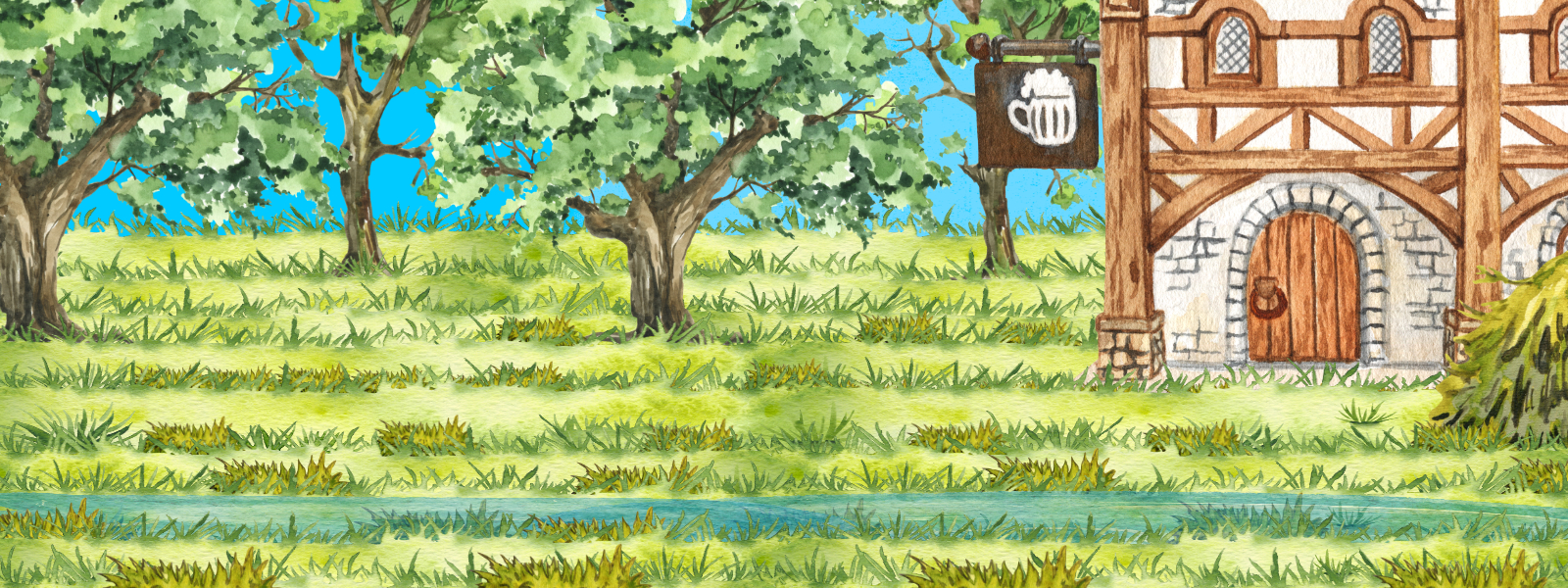

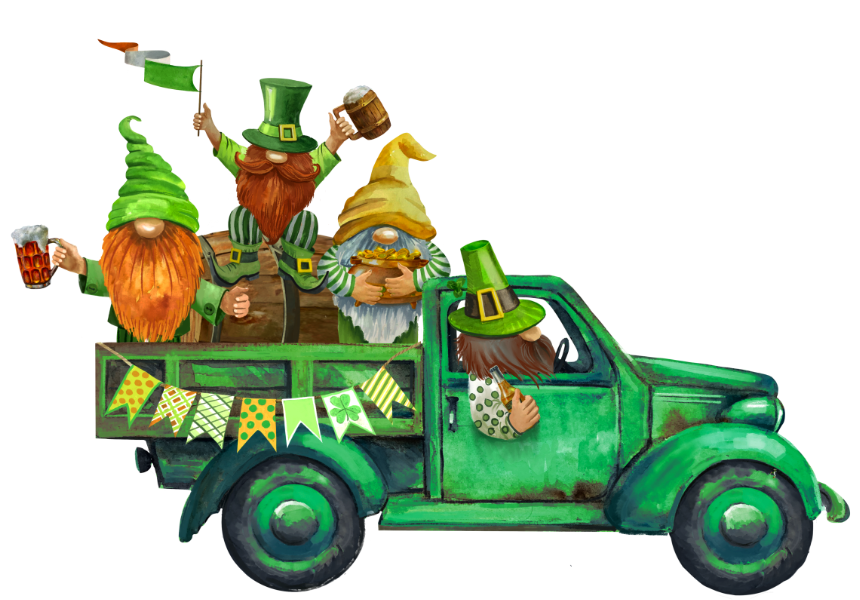



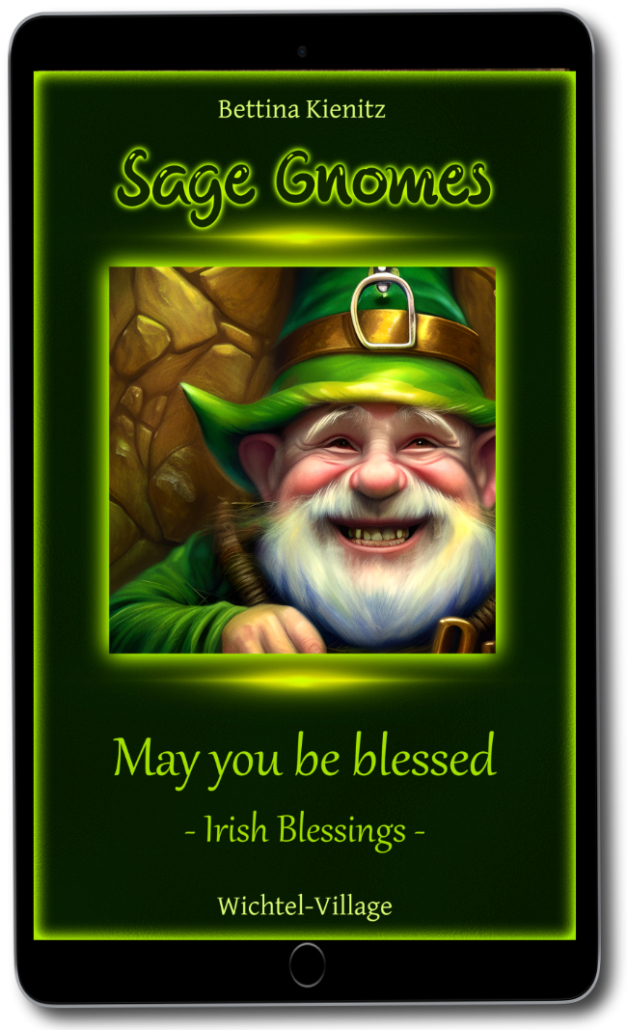
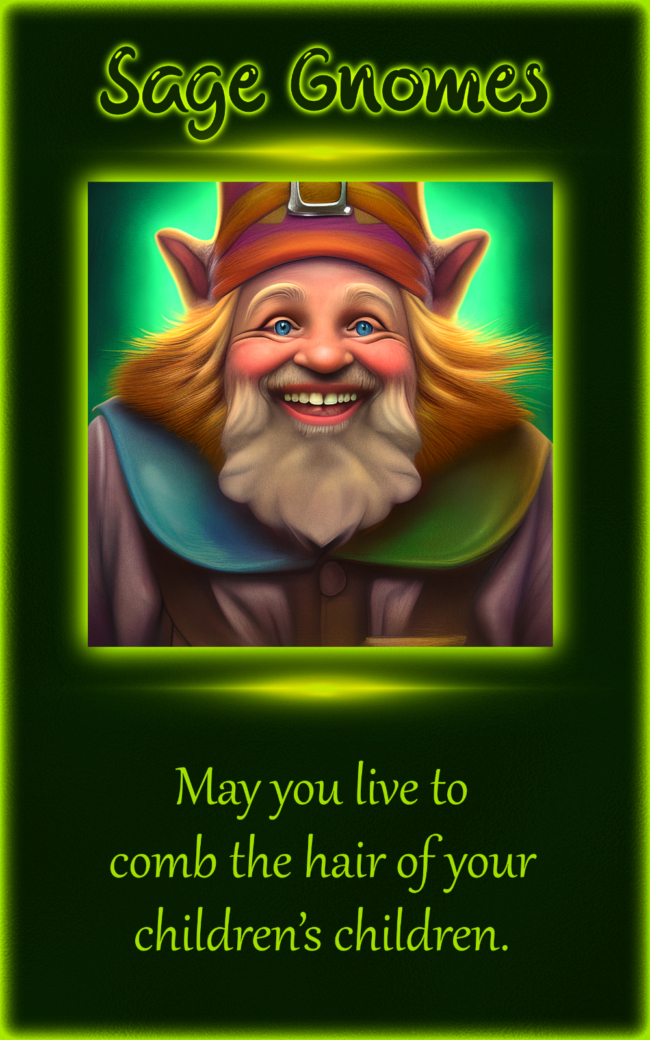
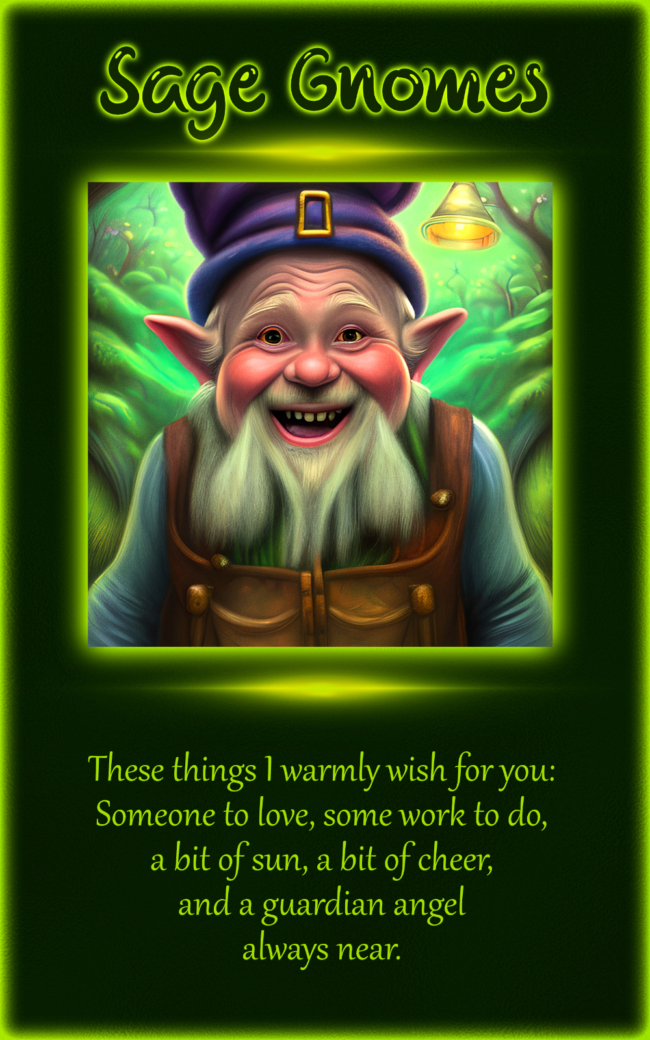
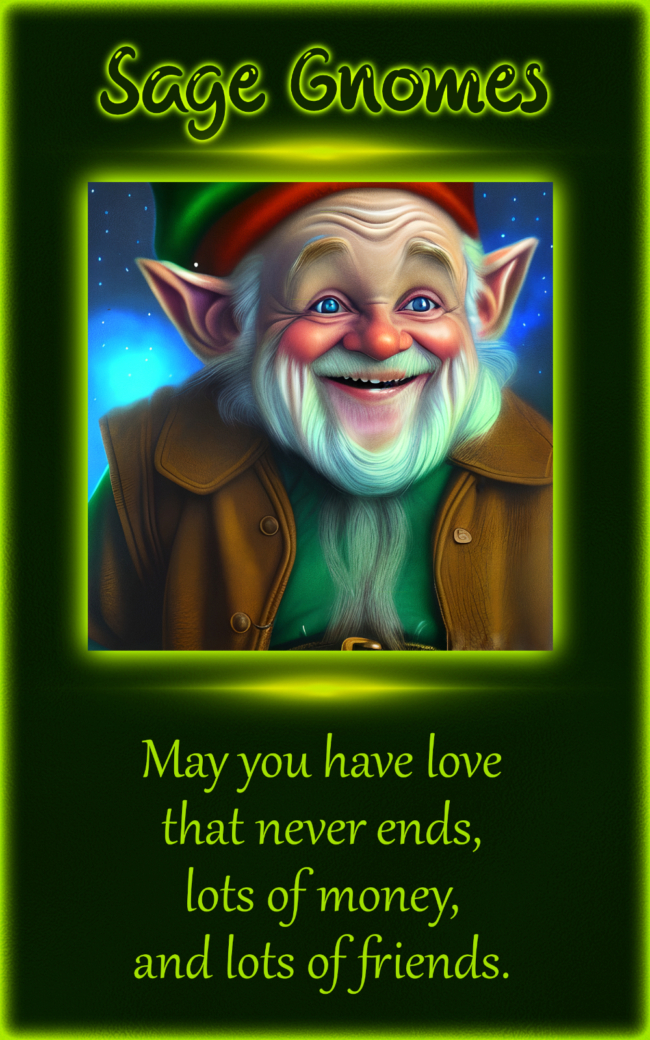
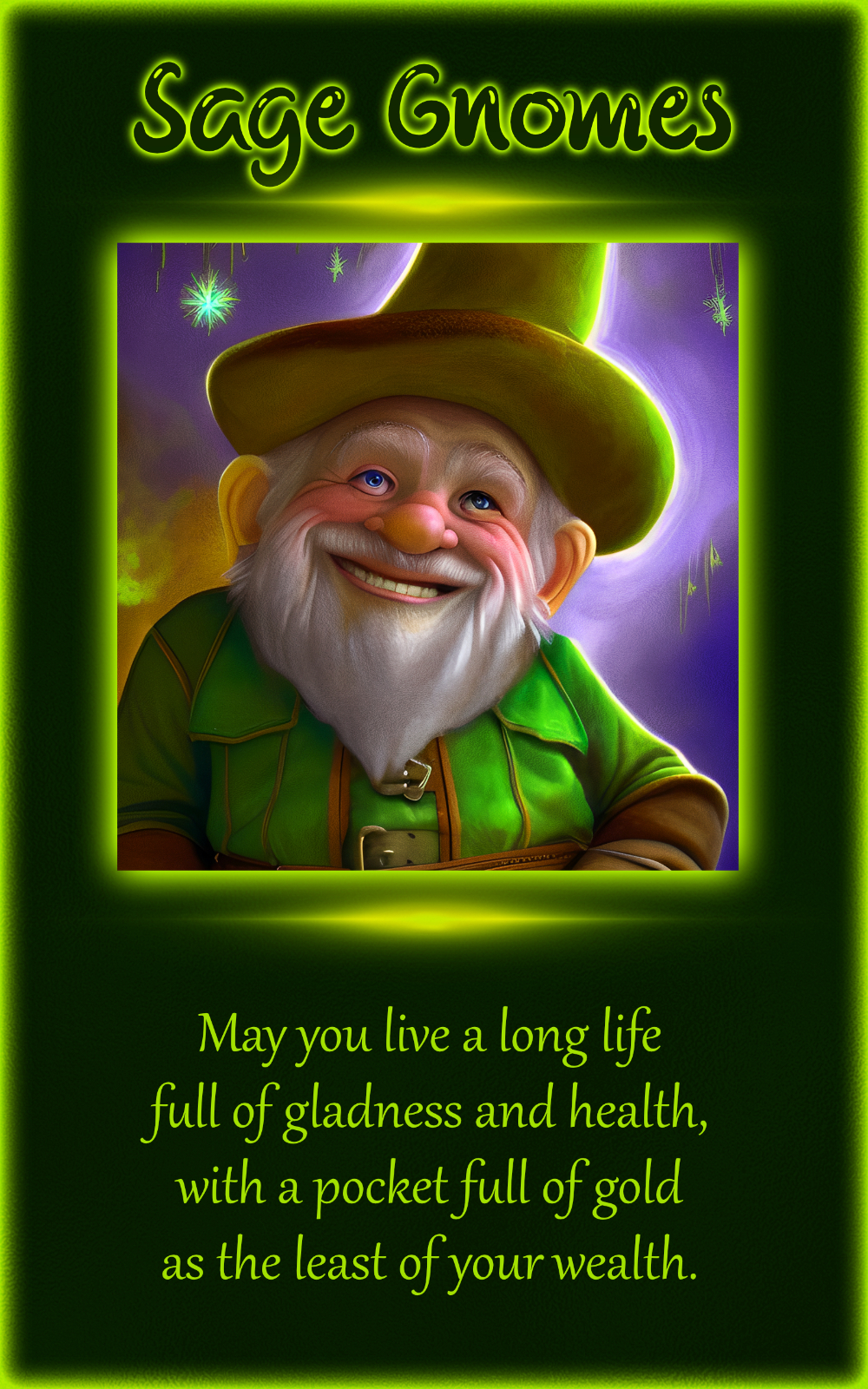
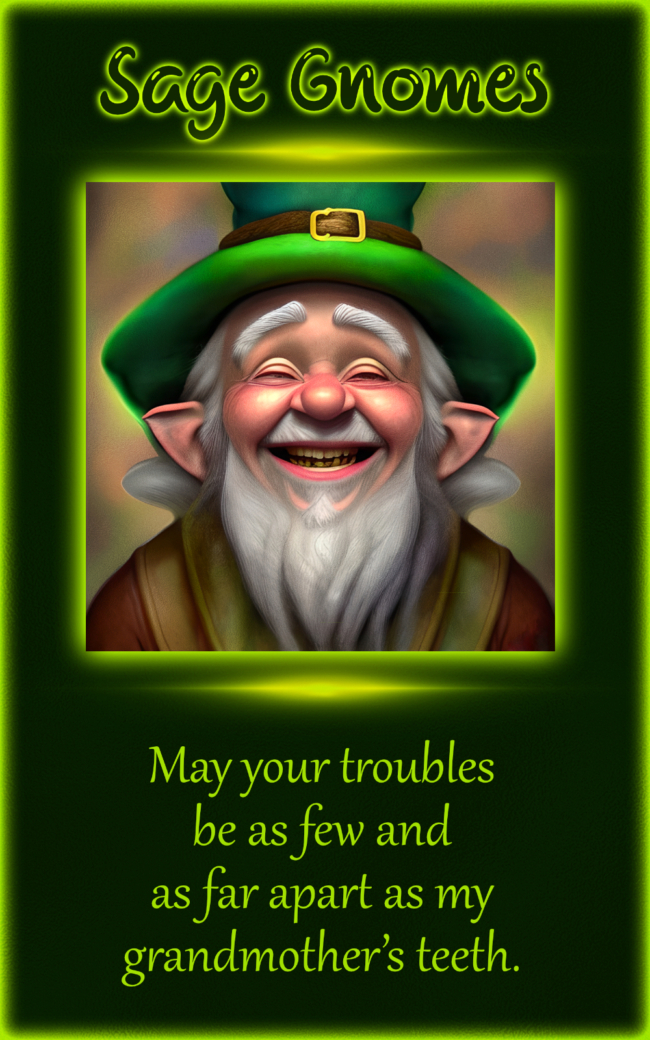

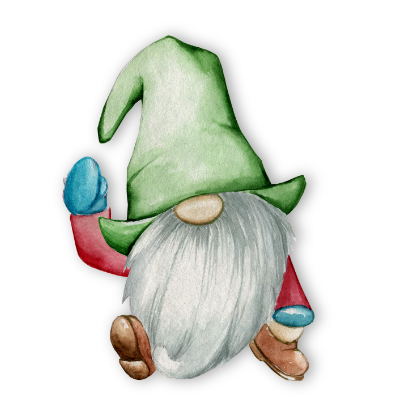
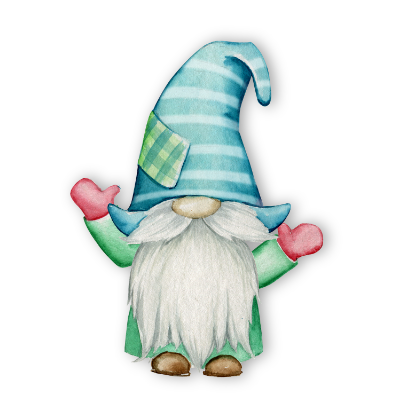
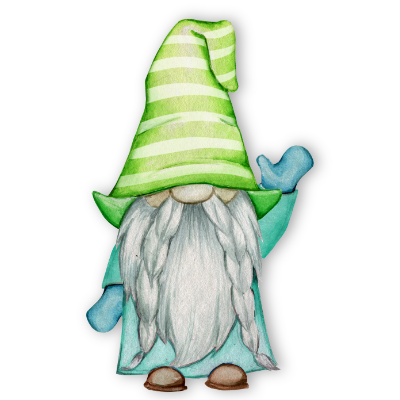
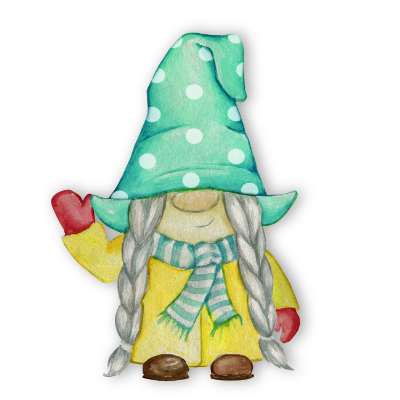
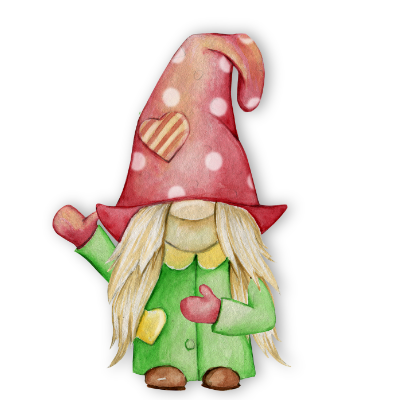
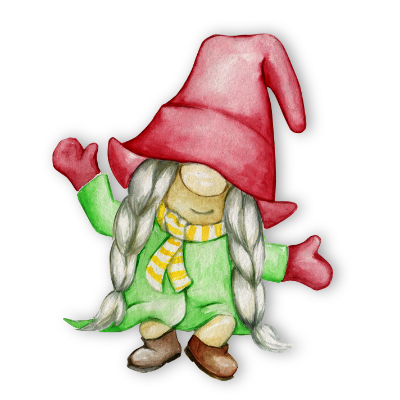


Hinterlasse einen Kommentar
An der Diskussion beteiligen?Hinterlasse uns deinen Kommentar!